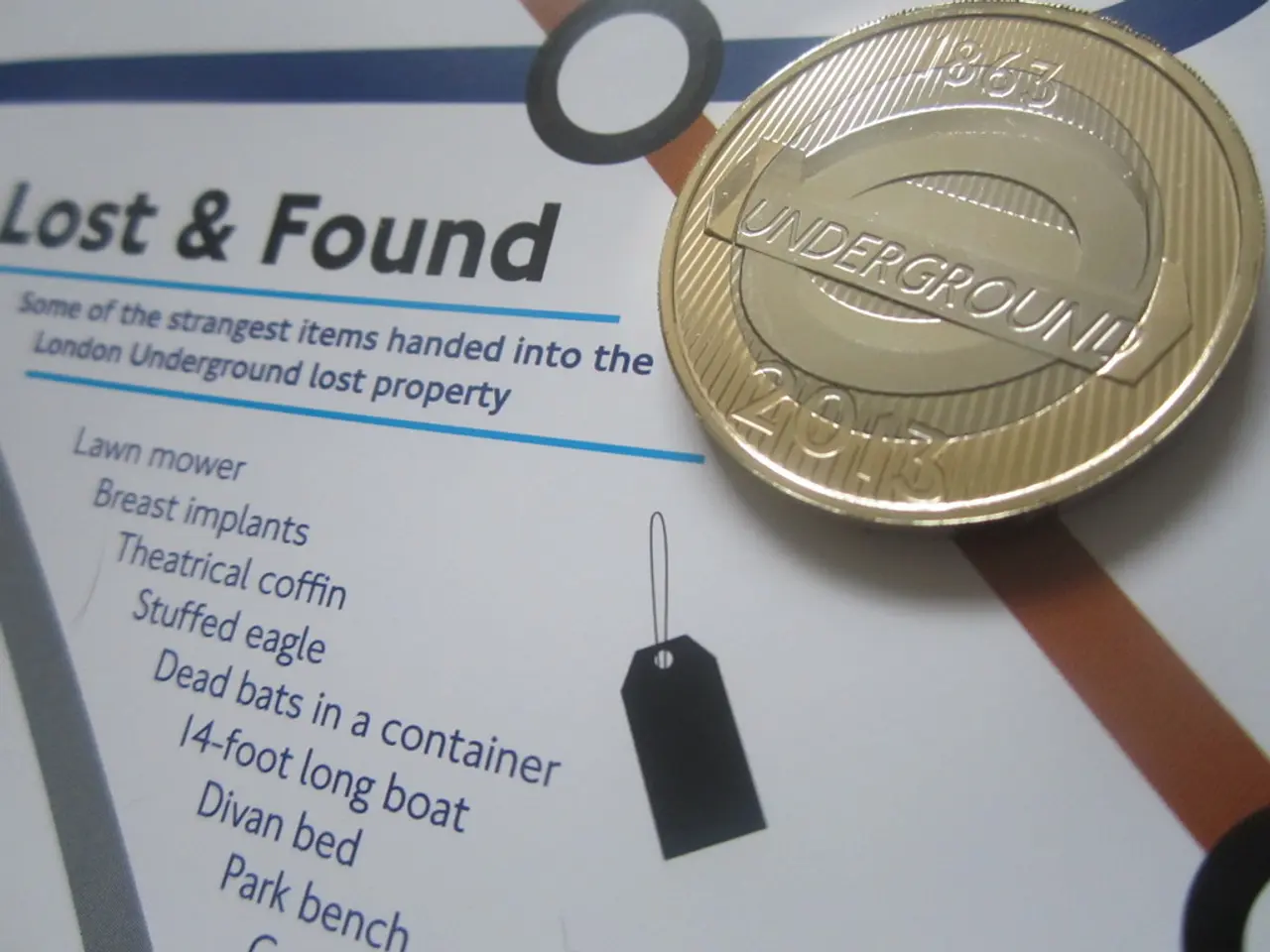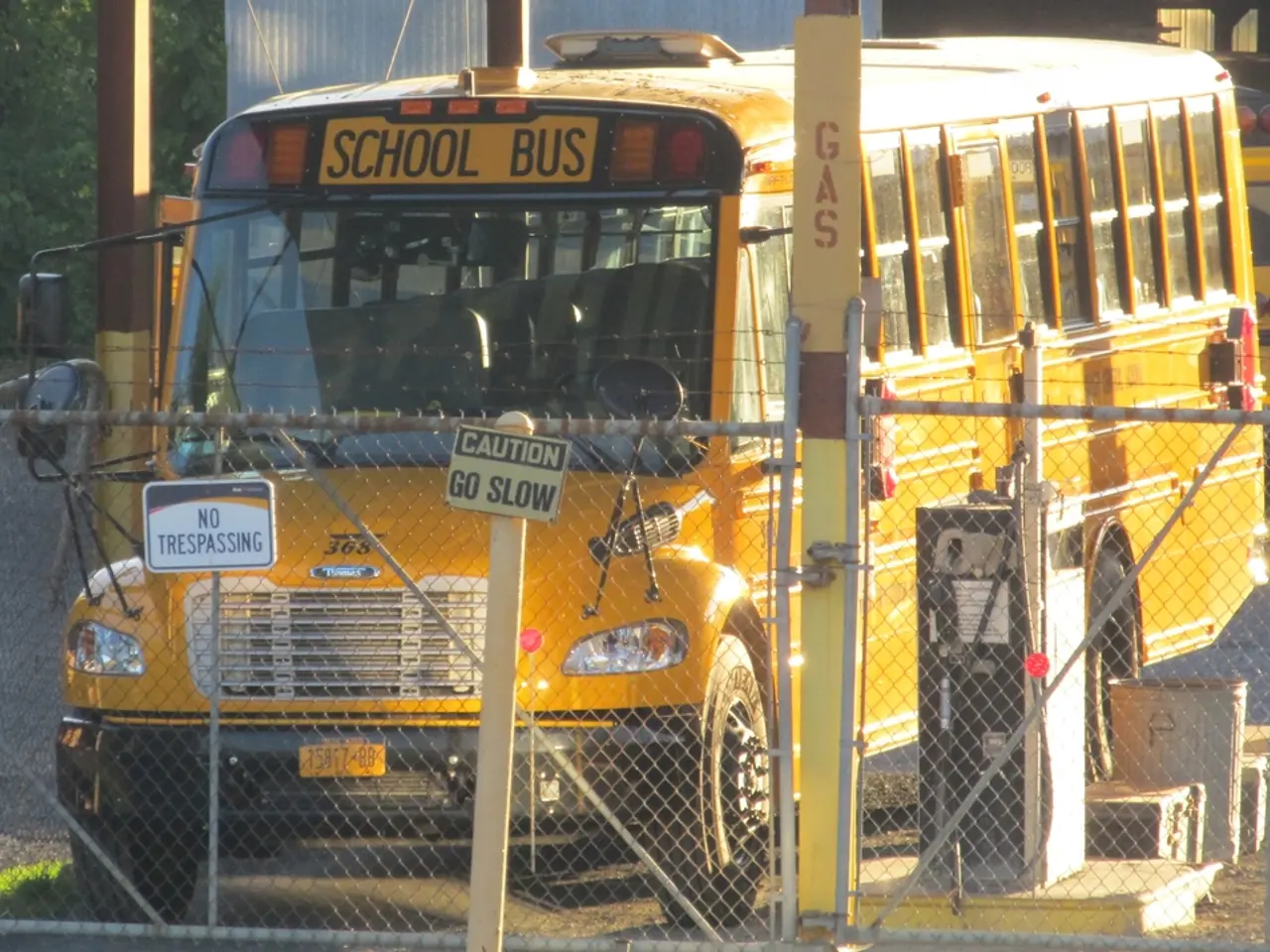Local authorities in Offenbach raise concerns over funding inequity: they advocate for equitable financial distribution.
In the District of Offenbach, Hesse, Germany, local authorities are facing a significant financial burden as they grapple with the transfer of state tasks, a common challenge in the country. Despite the increased responsibilities, the District of Offenbach contributes only 0.28 percent of its services voluntarily.
The mayors of Offenbach have been vocal about their concerns, criticising the repeated passing on of legal requirements by the federal and state governments, while the costs remain with the municipalities. This situation has led to increased costs for the district in areas such as social services, infrastructure maintenance, education, and public administration.
One of the most burdensome areas is youth, social, and integration assistance, which account for about 60 percent of the district's budget in 2025. The mayors have warned of potential performance cuts, tax increases, and the loss of established structures without fundamental changes.
A notable example of this financial strain can be seen in the state government's introduction of fee-free childcare for six hours in the U3 area. However, the subsidy does not cover the actual expenses, leaving the municipalities to bear the difference.
The mayors have demanded adequate financing of all transferred tasks from the state and federal governments, and have called for a suspension of the legal claim to full-day care until financing is clarified. They have also advocated for a realignment of municipal finances with a focus on fairer tax distribution.
The District of Offenbach and its 13 cities and municipalities have expressed criticism towards Wiesbaden and Berlin for transferring state tasks to the municipal level without adequate counter-financing. The mayors have made clear demands on the federal and state governments, under the title "It's five past twelve: Who orders must pay."
The municipal budget situation in Offenbach is dramatic, with the district unable to meet mandatory expenses without increasing the district tax. Around 196 million euros for youth, social, and integration assistance must be raised from municipal funds in 2025, minimising the district's scope for action.
The mayors have urged for an adjustment of political aspirations to actual resources, and have appealed to the state and federal governments to ensure planning security and fair task distribution for the long-term security of municipal self-government and a livable environment for citizens. They demand that no additional tasks should be transferred to the municipal level without adequate financial equipment.
The resolution from the mayors ends with an appeal to the state and federal governments to take immediate action to address these concerns, ensuring a sustainable future for the District of Offenbach and its citizens. For those seeking detailed data or current official positions on Offenbach District’s situation, consulting local government reports, budget statements, or statements from municipal associations in Hesse may provide valuable insights.
The mayors of Offenbach have advocated for a realignment of municipal finances, particularly in the realm of personal-finance management and budgeting, to ensure they can cover increased costs due to state task transfers. They demand that any future tasks should be accompanied by adequate financial equipment from the state and federal governments, similar to how one would manage finances personally, ensuring a sustainable future for the District of Offenbach and its citizens.




